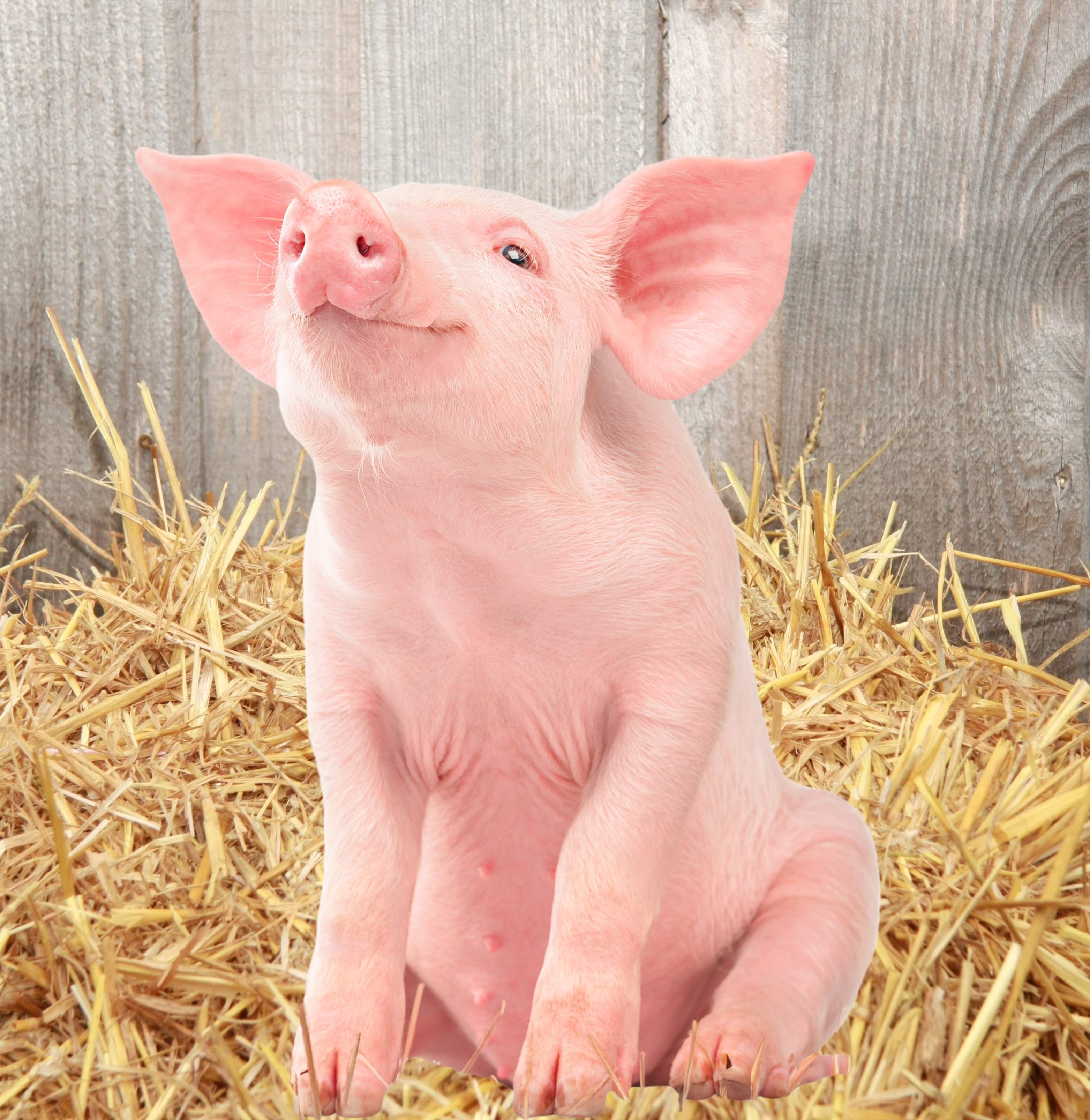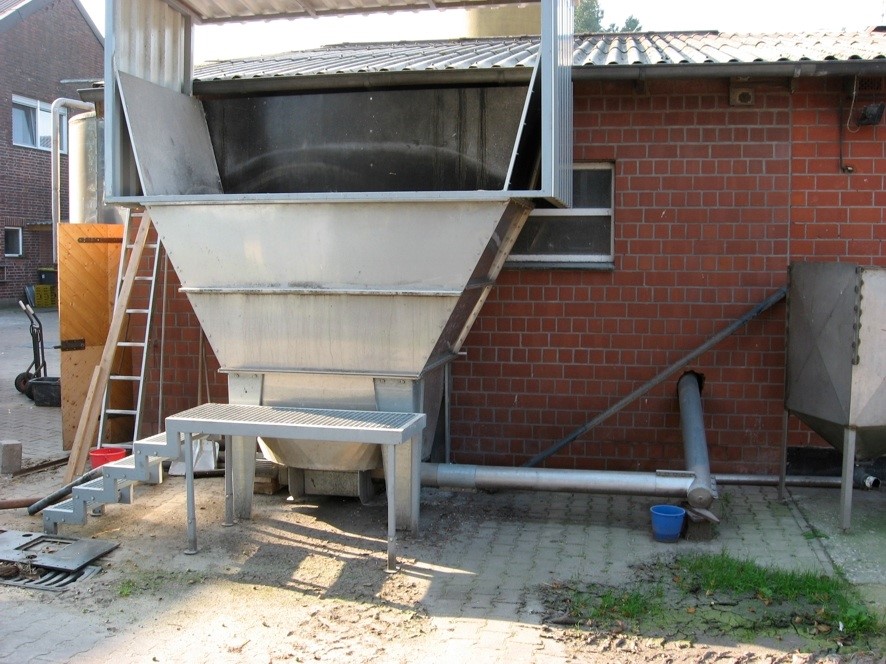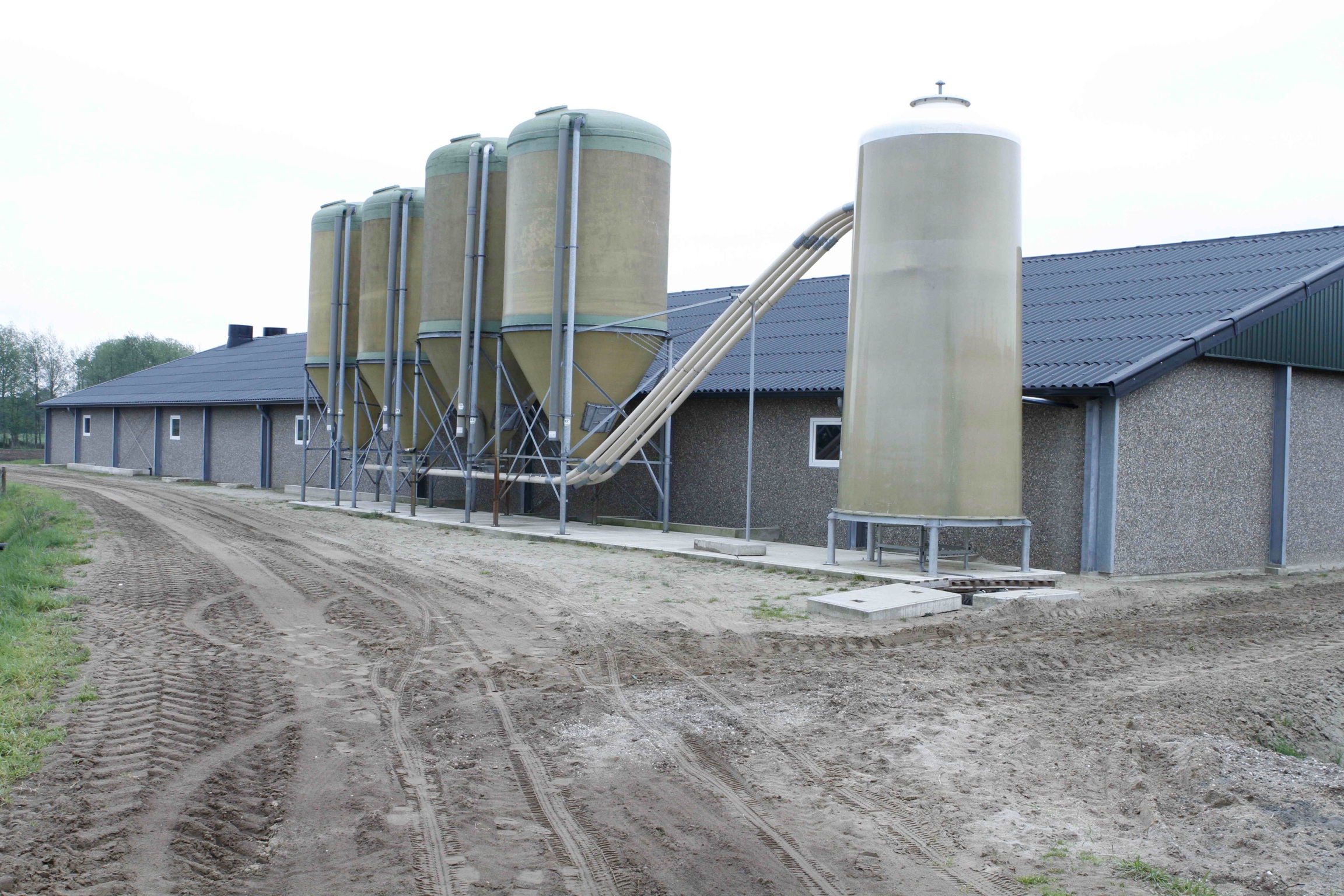Animal welfare – you should know
The “A” in automation also stands for animal welfare
TEWE feeding systems offer many advantages when it comes to animal welfare on large farms. The integration of automated feeding and enrichment solutions not only boosts efficiency, but also greatly improves the animals’ wellbeing. Compliance with EU standards and use of sustainable practices also contribute to social acceptance and environmental compatibility.
In conclusion
As well as being an efficient feeding solution, TEWE feeding systems make a significant contribution to animal welfare on large farms. Through integration of automated processes, compliance with EU standards, sustainability practices and promotion of species-appropriate husbandry conditions, they improve the animals’ wellbeing, health and performance. The holistic consideration of animal welfare, environmental protection and efficiency makes TEWE feeding systems a pioneering solution for modern agriculture.

Features and benefits in terms of animal welfare
Process and data management:
- Detailed process documentation: Ensures traceability and compliance with standards for monitoring of animal welfare.
- Central control systems: Enables precise and efficient control of all feeding processes for a consistent supply of feed.
- Efficient data management: Monitoring and optimisation of feeding processes for needs-based feed provision.
EU standards and regulations:
- HACCP concept: Ensures food safety and hygienic feed provision.
- Compliance with regulations: Compliance with specific EU standards for breeding and feeding livestock.
- Licences and certifications: Compliance with requirements for licences and certifications in line with EU standards.
Environment and sustainability:
- Resource efficiency: Minimises the ecological footprint by saving resources.
- Sustainable feedstuffs: Use of sustainable, locally sourced feedstuffs ensure a balanced diet and protect the environment.
Animal welfare and species-appropriate husbandry:
- Automatic dispensing of straw or pellets: Improved animal welfare thanks to automatic provision of manipulable materials.
- Integrated conveying mechanisms: Direct transportation of materials to the feed troughs ensures species-appropriate enrichment.
- Combined feeding and enrichment solutions: Fewer behaviour disorders and improved animal welfare thanks to combined provision.
- Program-controlled dispensing: Regular provision of manipulable materials according to set time intervals or conditions in the pen.
Health and behaviour:
- Species-appropriate nutrition: Consideration of the natural feeding habits and needs of the animals boosts their health.
- Improved welfare: Providing manipulable materials and species-appropriate feed reduces stress and aggression.
- Improved health: A continuous supply of balanced nutrition ensures better gut health.
- Greater societal acceptance: Compliance with animal welfare standards for greater societal acceptance.
- Better feed conversion and weight gain: Optimised feeding processes improve feed conversion and speed up weight gain.
- Better immune health: Better nutrition strengthens the animals’ immune systems.
References






